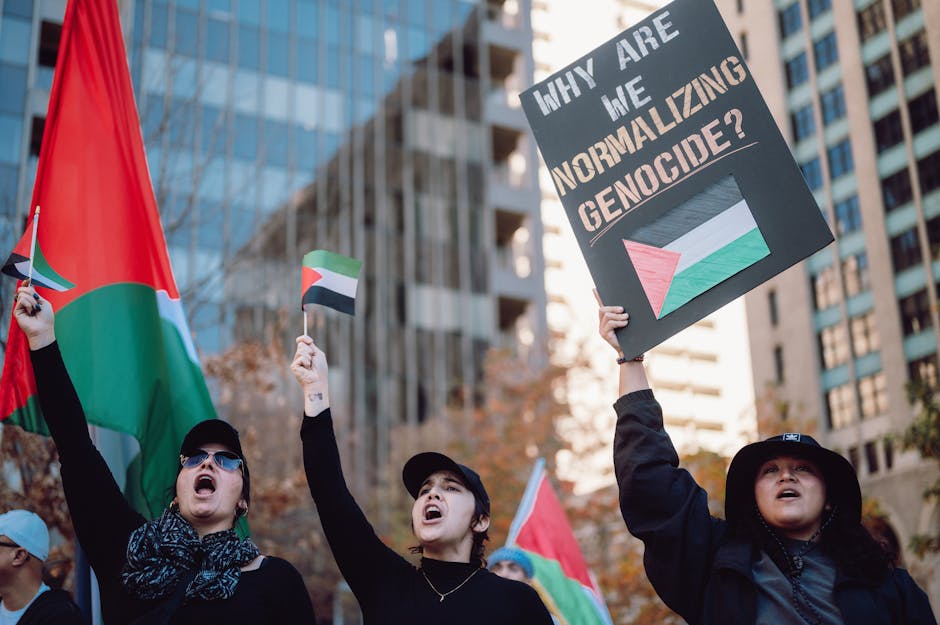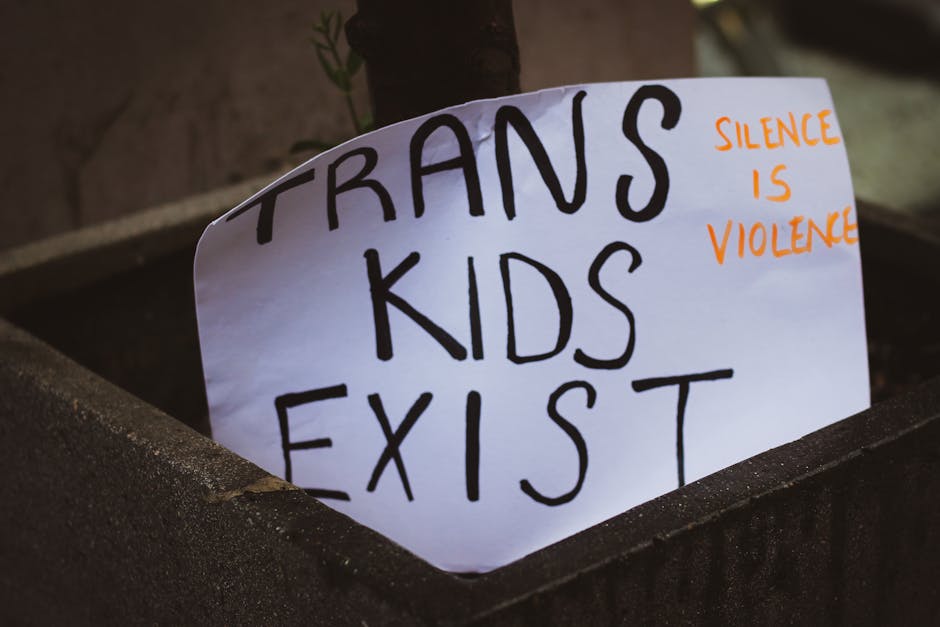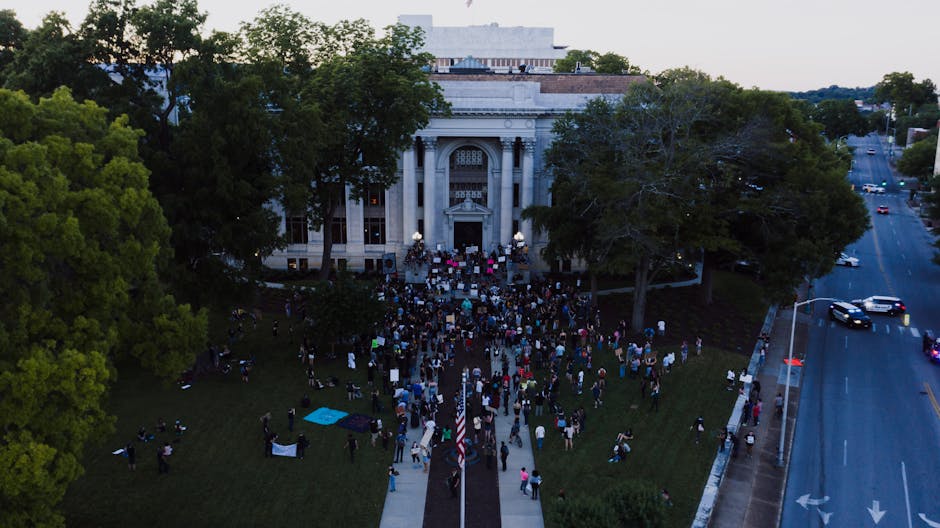Empowering Voices: Citizens Share Their Truths
Have you ever wondered how ordinary people can spark change? Their stories hold power. When citizens share their truths, they inspire others, challenge norms, and drive progress. In this article, we will explore how personal stories can empower communities and create a ripple effect of change.
Why Are Personal Stories Important?

Personal stories connect us. They help us understand different perspectives and experiences. When someone shares their truth, it creates an emotional bond. This bond can lead to empathy and action.
For instance, consider a community dealing with homelessness. When a former homeless person shares their journey, it can shift public perception. People start to see beyond statistics and labels. They see a person with hopes, dreams, and struggles.
How Do Citizen Voices Impact Change?

Citizen voices can shake foundations. They can challenge the status quo and encourage others to act. But how do they do this? Here are some ways:
- Raising Awareness: Sharing personal experiences brings attention to issues that may be overlooked.
- Building Empathy: When we hear stories, we connect on a human level. This connection fosters understanding.
- Driving Advocacy: Personal stories often inspire action. They can lead to movements, campaigns, or policy changes.
According to research, storytelling is a powerful tool for social change. A study by the National Endowment for the Arts found that storytelling increases empathy among audiences. When people relate to a story, they are more likely to support the cause behind it.
What Makes a Strong Personal Story?

Not all stories hold the same power. So, what makes a personal story strong? Here are some key elements:
- Authenticity: A genuine story resonates more. People are drawn to honesty.
- Emotion: Emotional stories create engagement. They tug at the heartstrings.
- Specificity: Details make a story relatable. Specific experiences allow others to visualize and connect.
Think about a time when you heard a story that moved you. Perhaps it was a friends struggle or a news report. The details and emotions linger in your mind. that’s the power of a well-told story.
How Can Citizens Share Their Stories?

In todays world, sharing stories is easier than ever. Here are some ways citizens can get their stories out:
- Social Media: Platforms like Facebook, Twitter, and Instagram allow users to share their journeys with a broad audience.
- Blogs: Writing a blog provides a space to elaborate on experiences and connect with others.
- Community Events: Local gatherings can be a great venue for sharing stories in person.
- Podcasts and Videos: Many people prefer audio and visual formats. Sharing stories through these mediums can reach diverse audiences.
For example, a simple tweet about a personal experience can spark conversations. A blog post can inspire others facing similar challenges. The key is to be open and willing to share.
What Are the Challenges of Sharing Personal Truths?
While sharing personal stories can be empowering, it’s not without challenges. Here are some common hurdles:
- Fear of Judgment: Many people worry about how others will react. This fear can silence voices.
- Lack of Confidence: Some may feel their stories aren’t significant enough. But every story matters.
- Privacy Concerns: Sharing personal details can feel risky. it’s important to consider what to disclose.
Despite these challenges, it’s essential to remember that every voice is valuable. Overcoming these fears can lead to profound connections and change.
How Can Communities Support Each Other?
Communities play a crucial role in empowering citizens to share their truths. Here are some ways to create a supportive environment:
- Encourage Open Dialogue: Create spaces where people feel safe to express themselves.
- Provide Resources: Offer workshops or training on storytelling skills.
- Celebrate Diversity: Recognize and honor the variety of experiences within the community.
When communities foster a culture of sharing, they build stronger connections. This can lead to greater understanding and collective action.
What Are Some Real-Life Examples of Empowering Voices?
Many movements have sprung from personal stories. Here are a few notable examples:
- Me Too Movement: Founded by Tarana Burke, it amplified the voices of survivors of sexual violence. The hashtag brought millions together, showing that many share similar experiences.
- Black Lives Matter: This movement started with personal stories about racial injustice. It has sparked global conversations about race and equality.
- Climate Activism: Young activists like Greta Thunberg share their fears about climate change. Their stories have inspired millions to take action for the planet.
These examples show how individual stories can lead to widespread movements. They illustrate the power of citizen voices in shaping society.
What Can You Do to Share Your Story?
Ready to share your truth? Here are some actionable steps:
- Reflect on Your Experiences: Think about the moments that shaped you. What lessons did you learn?
- Choose Your Medium: Decide how you want to sharethrough writing, video, or speaking.
- Connect with Others: Join groups or forums that value storytelling. Engage with those who share similar experiences.
Every story has the potential to inspire. By taking these steps, you can empower yourself and others.
Conclusion: The Power of Sharing Truths
Sharing personal truths is a powerful act. It connects us, builds empathy, and drives change. When citizens lend their voices, they can reshape narratives and inspire communities.
So, what will your story be? Remember, your experiences matter. don’t shy away from sharing your truth. It could be the spark that ignites change in someone else’s life.
For more insights on storytelling and it’s impact, check out this article on The Power of Personal Storytelling.



